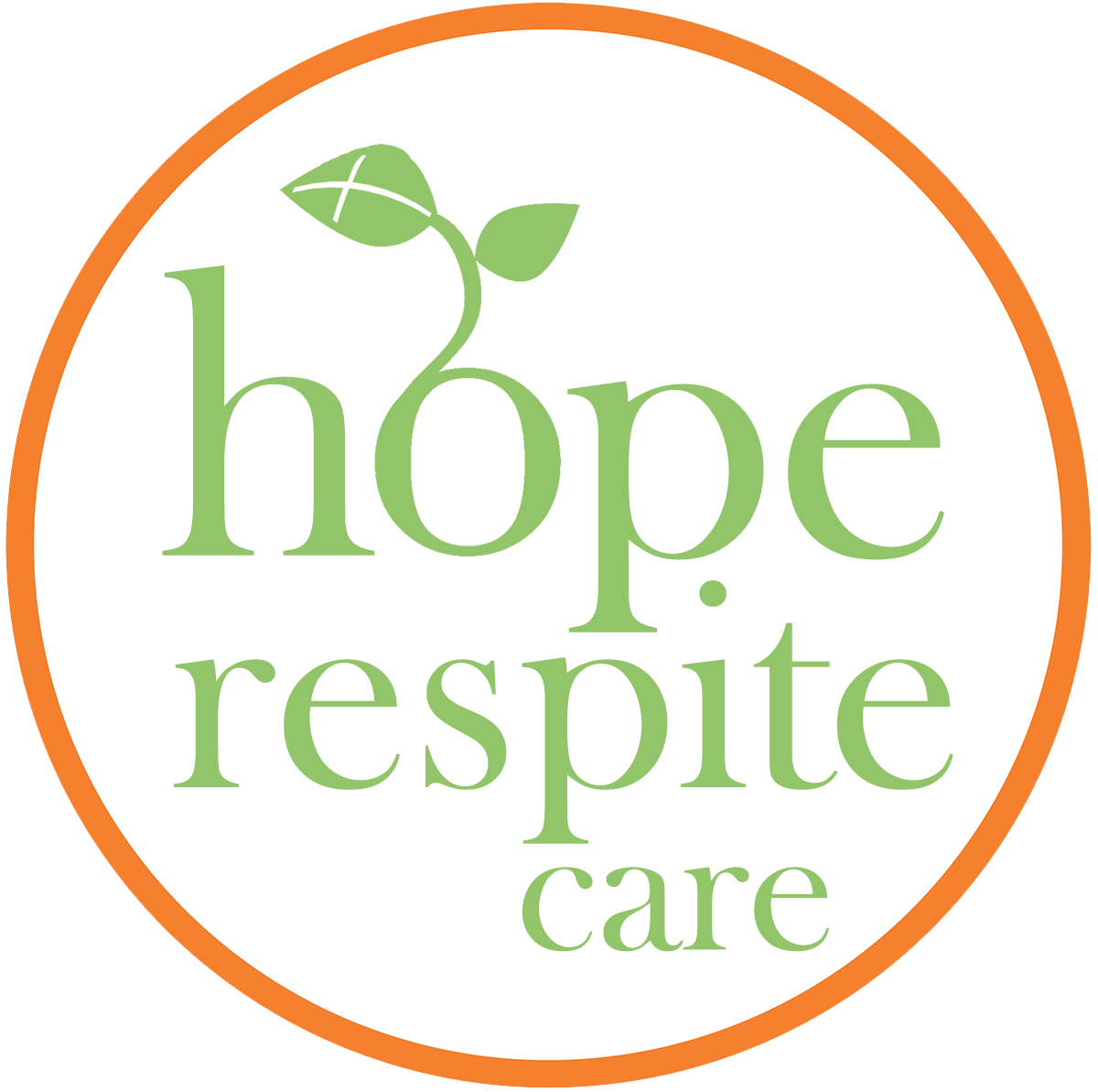hope respite care
Unhoused individuals are discharged from the hospital to this program to recover from hospitalization. Hope Respite Care, operated by Mission Merced, is an innovative collaboration with Mercy Medical Center Merced, Sutter Memorial Hospital Los Banos, Central California Alliance for Health, Golden Valley Health Centers, and Stanislaus State University.
Our Hope Respite Care locations are friendly and welcoming and offer participants access to the full suite of comprehensive health care services as well as case management, transportation services, mail pick up, housing navigation, access to supportive services.
Participants served by this collaborative are members of our community suffering from extreme and complex health and social issues. This model seeks to improve patient outcomes and reduce the costs of their care, using data-driven, person-centered practices.
Hope Respite Care Administration
Dr. Bruce Metcalf
CEO, Merced County Rescue Mission
David Carr,
COO, Merced County Rescue Mission
Bobby Cornelio
Director, Hope Respite Care
Dr. Salvador Sandoval
Medical Director,
Merced County Rescue Mission
““Access to safe and stable housing is a key to improving and maintaining health. We are proud to partner with Mission Merced on providing our unhoused Medi-Cal members in Merced County temporary housing while they heal and work towards finding a permanent home.””
Services
Individualized case management
Care coordination for participants medical needs
Transportation to/from medical appointments
Communications with care providers, healthcare insurers, and participants
Meals provided
Discharge planning and housing navigation
Case management focused on whole-person care
Medication management to ensure participant consistency
Access provided to behavioral health care services
What is Respite Care?
Medical respite, as defined by the National Health Care for the Homeless Council (2016a), is the “acute and post-acute medical care for homeless persons who are too ill or frail to recover from a physical illness or injury on the streets but are not ill enough to be in a hospital” (p.3). A significant benefit of medical respite is the reduction in length of hospital stays and decrease readmissions, thus, decreasing overall health care costs.








